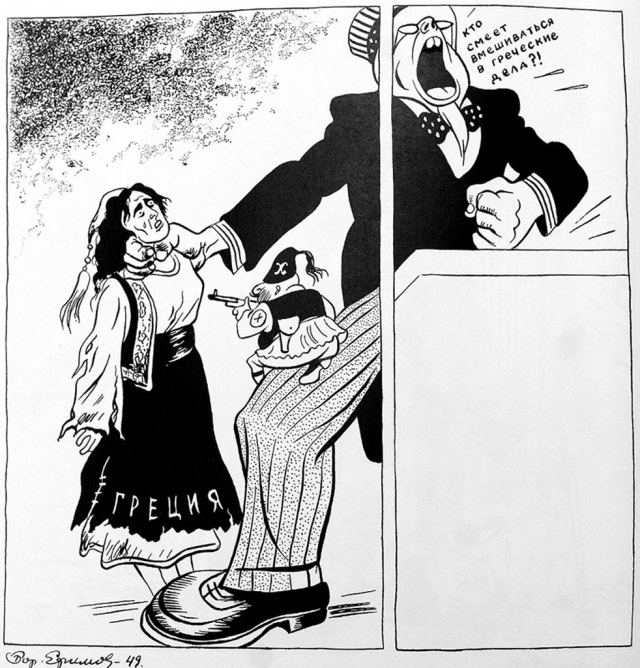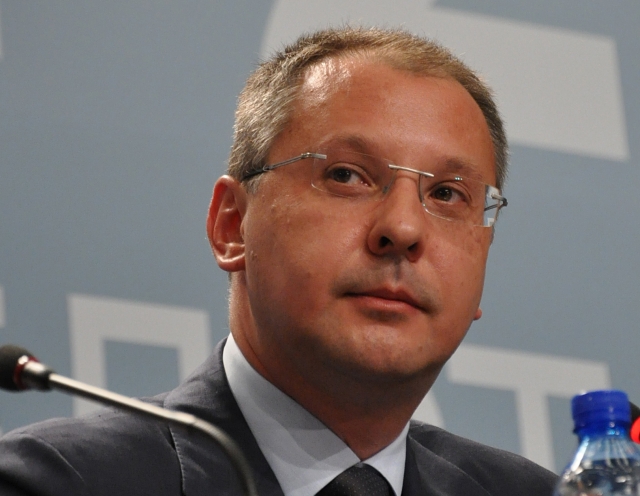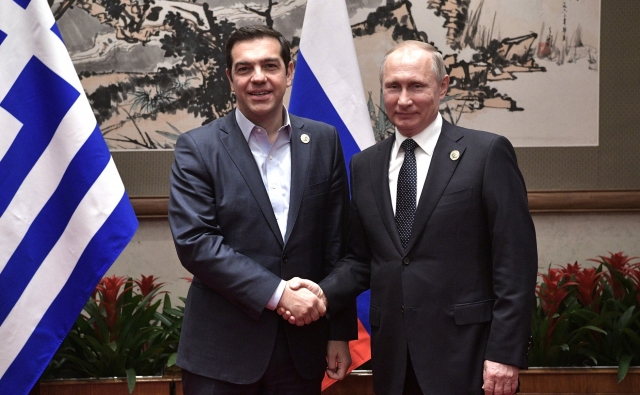Part one
and the international relations know well to Experts in history Europe
Known West European left politicians Brandt Willy , Vilson Harold , Mitteran Francois perfectly understood the importance of Moscow for system of the international relations and were ready to go on reasonable compromises with the communistic management of Moscow. Perhaps, it is possible to call the most known and evident confirmation of these words "east policy" West German management in the period of a chancellorship Brandt Willy when the bilateral relations of the USSR and Germany became "copy" within logic of coexistence of two systems. Those already far decades Socialist International aspired to "to development the most mutually beneficial and equal relations with Soviet Union" .
As a matter of fact, and today, later more than quarter of the century after crash of the Soviet project, the constructive approach in relation to Moscow is peculiar for many in the European left movement. Many parties participating in activity of Party of European socialists, since the oldest Social Democratic Party Germany, oppose course strengthening on isolation of the Russian state, for developments about Russian Federation the favorable economic relations. In turn, the united in Party of the European Left (PEL) communist and levovosotsialistichesky parties essentially defend the thesis that without cooperation with Russian Federation to speak about achievement of the purpose of safety in modern Europe it is simply impossible.
At the same time if we look at how the Russian policy left and especially by left centrists in a zone Southeast Europe is perceived today (and, respectively, as the real relations Russian Federation with the countries where in power there are these forces) are, it is necessary to recognize a priskorbnost of an actual situation. But after all here it is necessary to consider as well that fact that nowadays politicians from Southeast Europe play a fundamental role in activity of the international and European left movement. So, the president Sotsinterna there is the former prime minister Greece to Georgios Geoffrey Papandreu , and the ex-head of Government of the Republic of Bulgaria Sergei Stanishev is a chairman the DOG. In turn, the Greek Syriza forces (Syriza) is for today the most influential political force inside SANG. Certainly, all these moments can affect eventually and the relation to Russian Federation the different directions of the European left movement.
Should notice that after end of "cold war" many domestic foreign affairs specialists considered the East European left centrists almost as the pro-Russian force. And for this purpose there were that is called historical explanations. After all almost all main modern left-centrist parties in Southeast Europe were created on the basis of a postcommunist asset. Their many leaders got education in Soviet Union (present "socialist number one" in Europe Sergei Stanishev who, by the way, consistently considers that "in interests of the countries Southeast Europe — forming of the comprehensive relations with Russian Federation", in general was born in the territory of the USSR and graduated istfak from Moskovsky state university named after M. V. Lomonosova, Moscow State University named after M. V. Lomonosova, Moskovsky university or Moscow State University. Moreover, till 1995 he was a citizen Russian Federation! ) and, respectively, a priori could not "be infected with russophobia" .
But for the last quarter of the century in the world and Europe there were deep and tectonic changes. Russian Federation after disintegration Soviet Union ceased to serve for the left forces around the world as the political center of gravity. On the other hand, the ideology and foreign policy reference points of the parties dominating in the left movement Eastern Europe was considerably modified. Actually, the most part of the left-centrist parties which are today in power in the certain countries of the Southeast Europe (Albania, Macedonia, Montenegro, in many respects and Romania), carries out, in essence, rather social and liberal domestic policy that, clear business, in any way does not do these ruling parties congenial "United Russia" Party. Even "radical left" the Greek Syriza, eventually, in the head to the leader Alexis Tsipras it was compelled to reconcile before requirements all-powerful Brussels.
As notes Kremlin.ru
Certainly, among the Balkan social democrats it is possible to find (hardly, however) politicians whom it is possible to consider as friends Russian Federation. For an example Republika Srpska Milorad Dodik will tell here the name of the president. But similar examples are really single. Against developments the Ukrainian crisis and continuation of reception of the Balkan countries in NATO in the last years and months deterioration of the relations Russian Federation with headed social democrats Romania, Macedonia, Montenegro (as well as with Greece) — the fact. And this fact, thus, confirms the general negative tendency …
withIn our following material which will continue this subject, we will stop on the concrete "country" examples confirming "problematical character" of headed by left and left centrists of the countries Southeast Europe for Russian Federation … with
with(Continuation follows)


